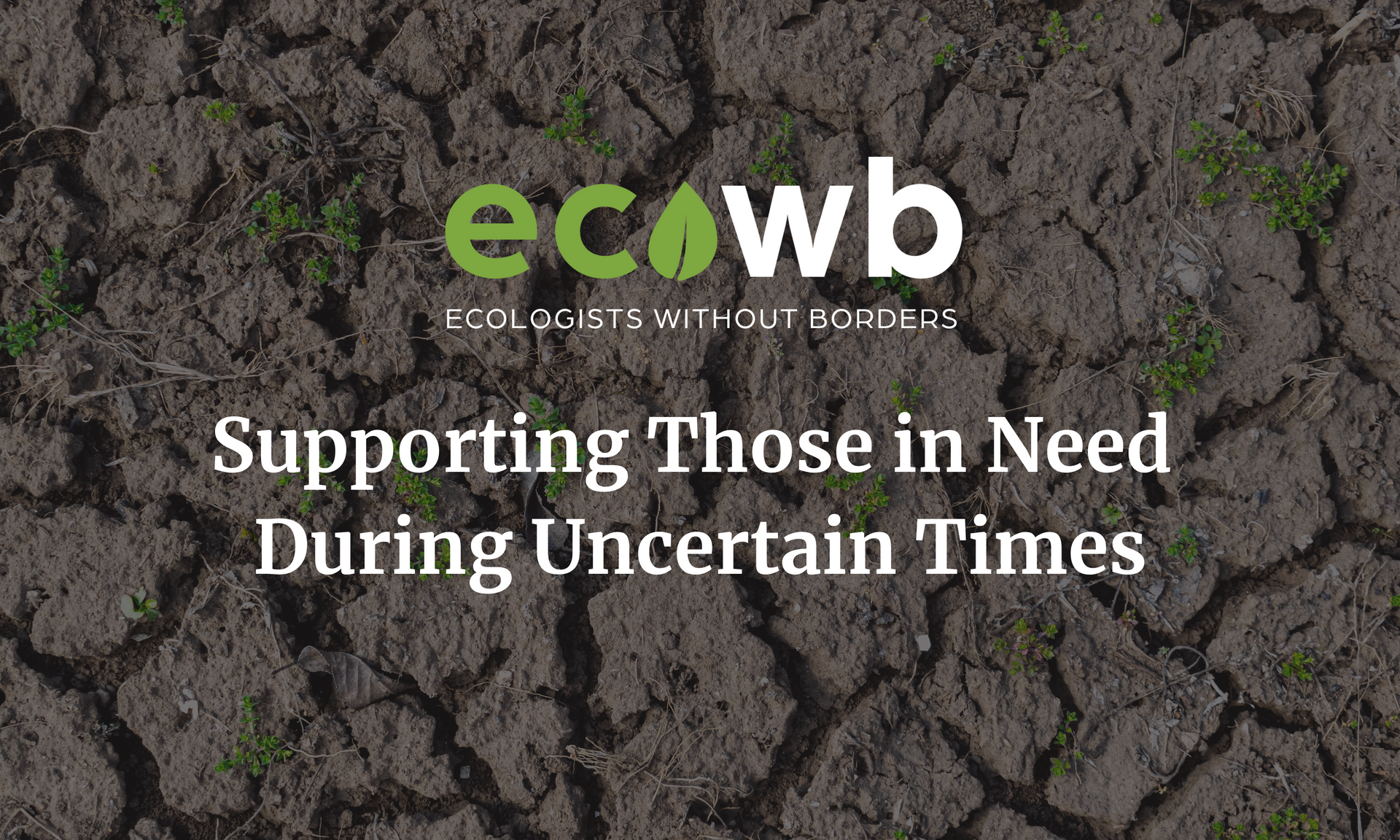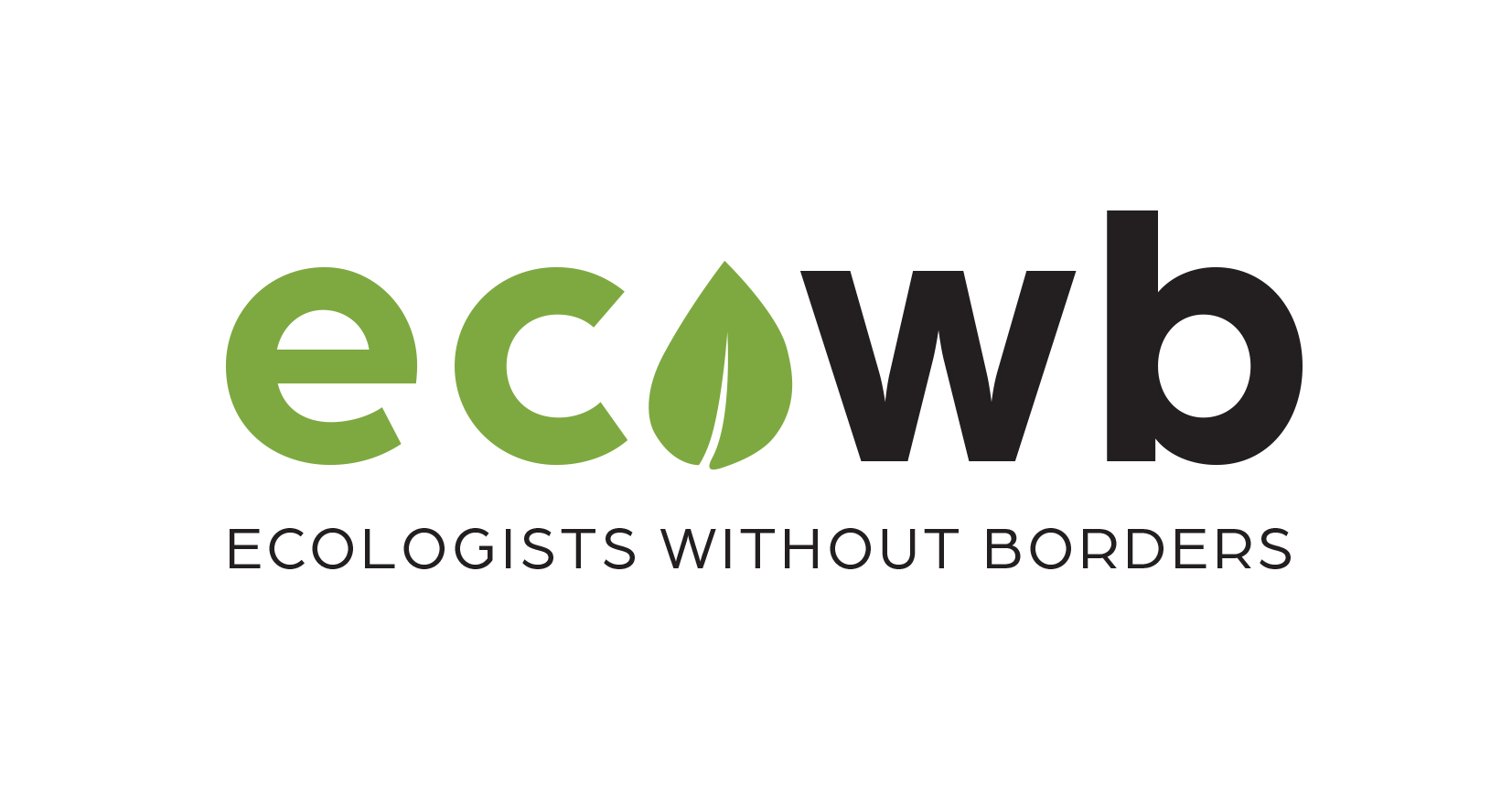Water hyacinth ( Eichhornia crassipes , WH)—a free floating, perennial aquatic weed native to the Amazon Basin—is aggressively spreading around the globe, with dire ecological, economic, and social consequences. Once established, WH reproduces rapidly and commonly forms large, dense mats that obstruct navigation, block access to safe drinking water, drastically alter freshwater habitats and species communities, decimate traditional fisheries and economies, and promote the spread of water-borne diseases. The impacts of WH are particularly acute in lower-income countries where social and economic well-being is closely tied to environmental conditions, and the cost of appropriate control and remediation measures is prohibitive.
In East Africa, communities that have been affected by WH are experiencing drastic economic losses; increased rates of malaria, schistosomiasis, and cholera; devastating food insecurity; and an erosion of community culture and way of life. Along Winam Gulf, an embayment in the northeast portion of Lake Victoria in Kenya, WH has caused devastating consequences for the local small-scale fisheries and the communities that depend on them, as fishermen find it nearly impossible to navigate and fish in the dense mats of WH. WH has affected these fishing communities so deeply that women in many communities have turned to prostitution to support their families when fishing no longer can. In turn, HIV rates in Kenyan fishing communities around Lake Victoria are over 5 times higher than the national average. The impacts of WH are profound—almost inconceivable—at every level of society.
Together with its project partners, EcoWB is currently working to address the impacts of WH in the Winam Gulf area and elsewhere around the globe. EcoWB’s approach to the problem is unique and addresses WH issues within a socio-ecological system framework. Ecological systems and social systems are intimately intertwined, and poverty, public health, economic opportunity, and environmental issues must all be addressed together. EcoWB believes that this framework offers a path forward for affected communities and has developed a 5-phase model of intervention for alleviating the ecological and socioeconomic impacts of water hyacinth in low- and middle-income countries.
Phase 1: Feasibility . The first step in our intervention model is to establish relationships with the community, stakeholders, and local partners; evaluate the historical occurrence and impact of WH; and predict future trends in abundance and distribution. The project team determines the technical and economic feasibility of utilizing WH as a matrix for various products that can be locally manufactured; determines which WH harvesting techniques are best suited for local conditions; and identifies ecological, economic, political, social, and/or cultural constraints that might influence the success of the project. Additionally, team members conduct site assessments of waterbody topography, access, processing locations, etc.; assess scaling potential; and evaluate other feasibility concerns relevant to the specific location.
Phase 2: Demonstration . If Phase 1 efforts indicate that the project is feasible and likely to be successful, the next phase consists of conducting pilot/demonstration studies of WH removal techniques to confirm the feasibility of harvesting large quantities of WH and transporting it to processing sites. These techniques may include manual removal, shore-based mechanical removal, or ship-based mechanical removal, depending on equipment availability, infrastructure, physical characteristics of the waterbody and access points, or other constraints.
Phase 3: Implementation . During the initial implementation of the project, EcoWB and its partners will begin to train and assist community members in WH harvesting and processing, production of WH products, and marketing and sales techniques. The goal is to establish several small-to-medium sized businesses that use WH to produce compost, biogas, charcoal briquettes, and other commodities that can be sold for profit. Restoration efforts associated with this phase will focus on conducting outreach to educate community residents on the causes of non-point source pollution and best practices to abate them (e.g., riparian restoration, erosion prevention, conversion of organic waste into compost).
Phase 4: Expansion . This phase builds on and expands the activities initiated in Phase 3. This would entail larger-scale WH harvesting and processing operations, potentially including multiple harvesting methods and more equipment-intensive harvesting techniques. Processing and production of WH products would also increase in scope and scale, with additional effort placed on the marketing, distribution, and sale of products. Restoration efforts associated with this phase would include additional trainings, working with communities to further reduce pollution and open waste disposal, native tree plantings in riparian areas, erosion control measures, and encouraging the use of biodigesters instead of the traditional pit latrines. Expanded restoration efforts would include activities to improve the sustainability of wild capture fisheries and other region- or community-specific interventions where appropriate
Phase 5: Replication . The final phase is to replicate the removal, production, and restoration efforts of Phases 3-4 to other communities bordering the same waterbody.




